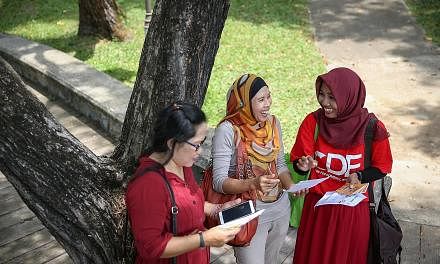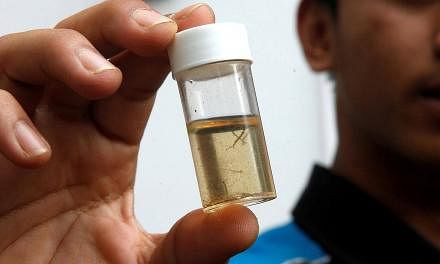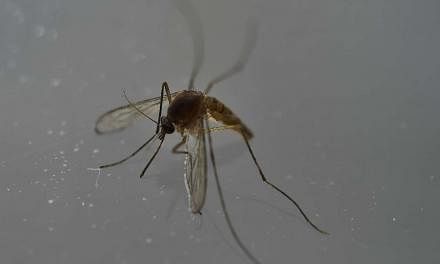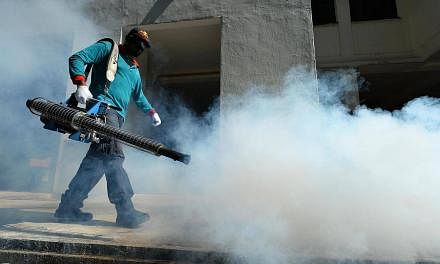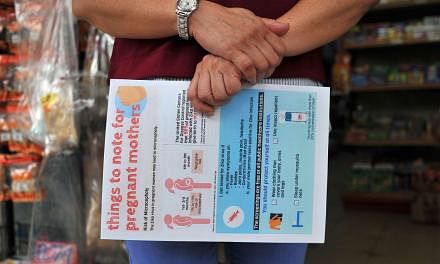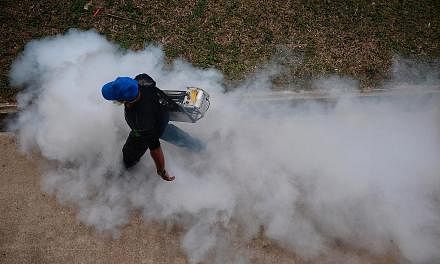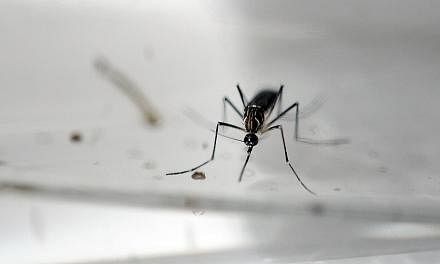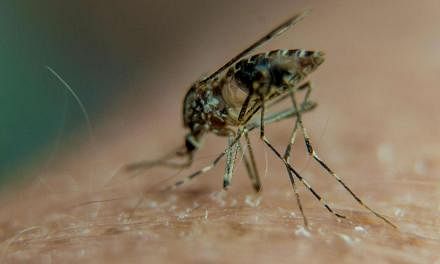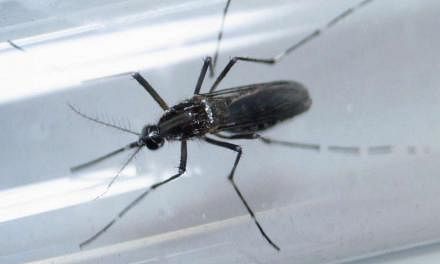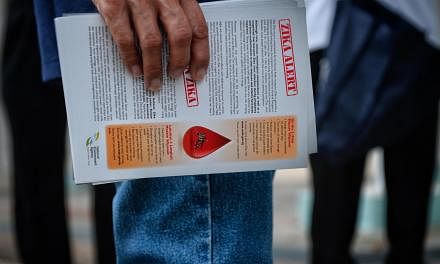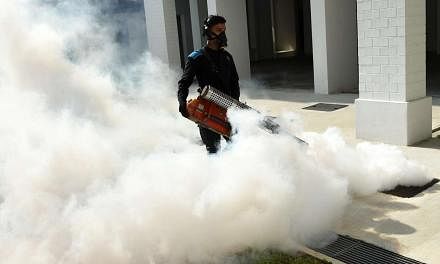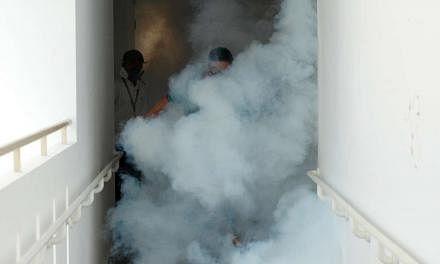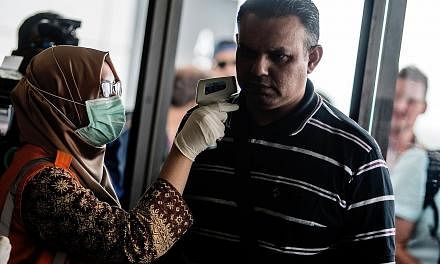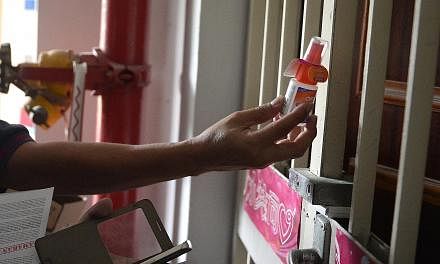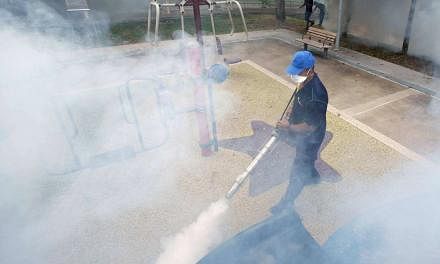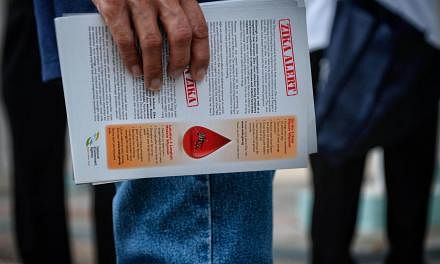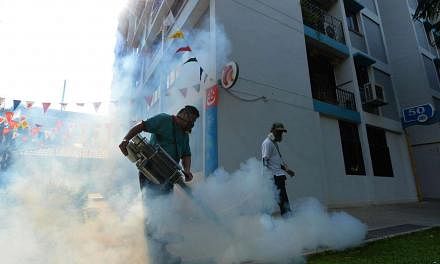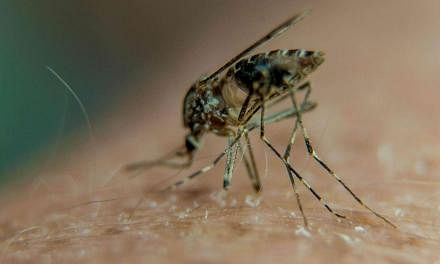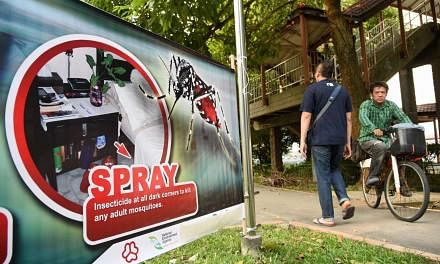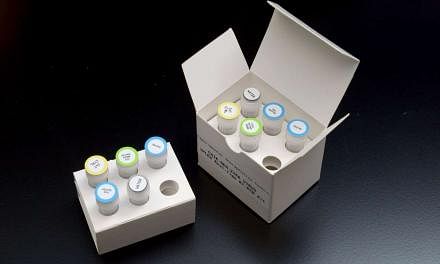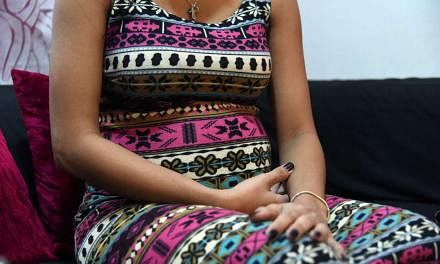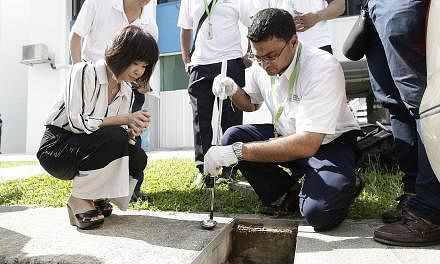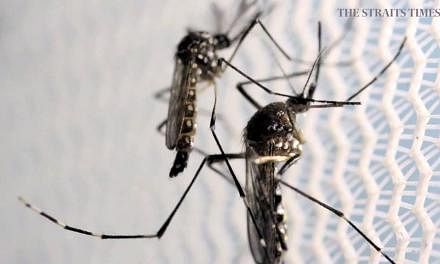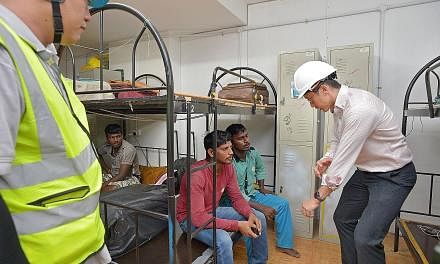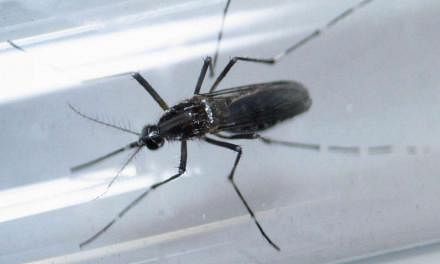PETALING JAYA (THE STAR/ASIA NEWS NETWORK) - The first Zika patient in Malaysia is recuperating well at the Sungai Buloh Hospital in Selangor.
The hospital's infectious disease head Datuk Dr Christopher Lee said the symptoms that the 58-year-old woman suffered from, including rashes, had also cleared up.
"We will be doing a blood test on her today and if it turns out to be negative, we can let her go home in a few days' time," he said yesterday.
He said her mild rashes cleared up in two or three days and the last blood test was negative but the hospital decided to keep her for a little longer just to ensure there would be no transmission to other people.
The blood test today was to reconfirm that she was free of Zika, he said.
The woman and her husband had visited their daughter in Singapore on Aug 19 and returned on Aug 21.
A week later, the woman developed rashes and fever, and sought medical attention at a private clinic in Klang.
She was referred to the Sungai Buloh Hospital, and on Aug 31, her urine sample tested positive for the Zika virus.
Her daughter, who works and lives in Paya Lebar, has also been infected.
The woman's husband and other family members who lived in the same house in Ambang Botanic have yet to show any symptoms of the infection.
Dr Lee said the most common symptoms of Zika were fever, body aches, rashes and red eyes which would normally clear up within a few days.
He said that if a woman was infected by Zika, the vaginal fluids might contain the virus for up to two months after she had recovered.
"So, if she has sex with a man within the two months, the man can be infected with Zika.
"The virus can also stay in a man's semen for up to six months after he has recovered."
Infected pregnant women face the risk of delivering a child with microcephaly, while others might suffer from Guillain-Barre syndrome, a neurological condition.
According to the American National Institute of Neurological Disorder's fact sheet, Guillain-Barre syndrome is a disorder in which the body's immune system attacks part of the peripheral nervous system.
These symptoms can increase in intensity until certain muscles cannot be used at all and, when severe, the person is almost totally paralysed.
Dr Lee recommended that pregnant women in Malaysia who have travelled to affected countries like Brazil and Singapore go for check-ups at nearby hospitals.


